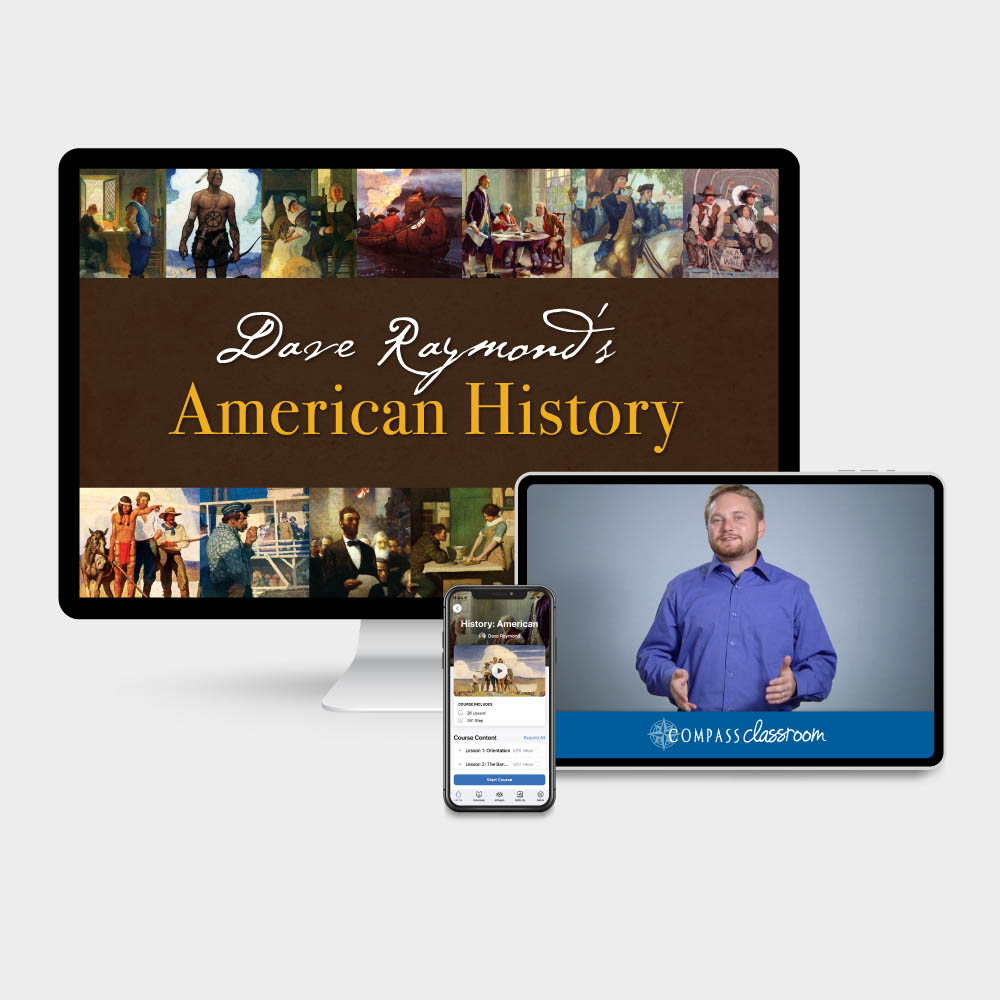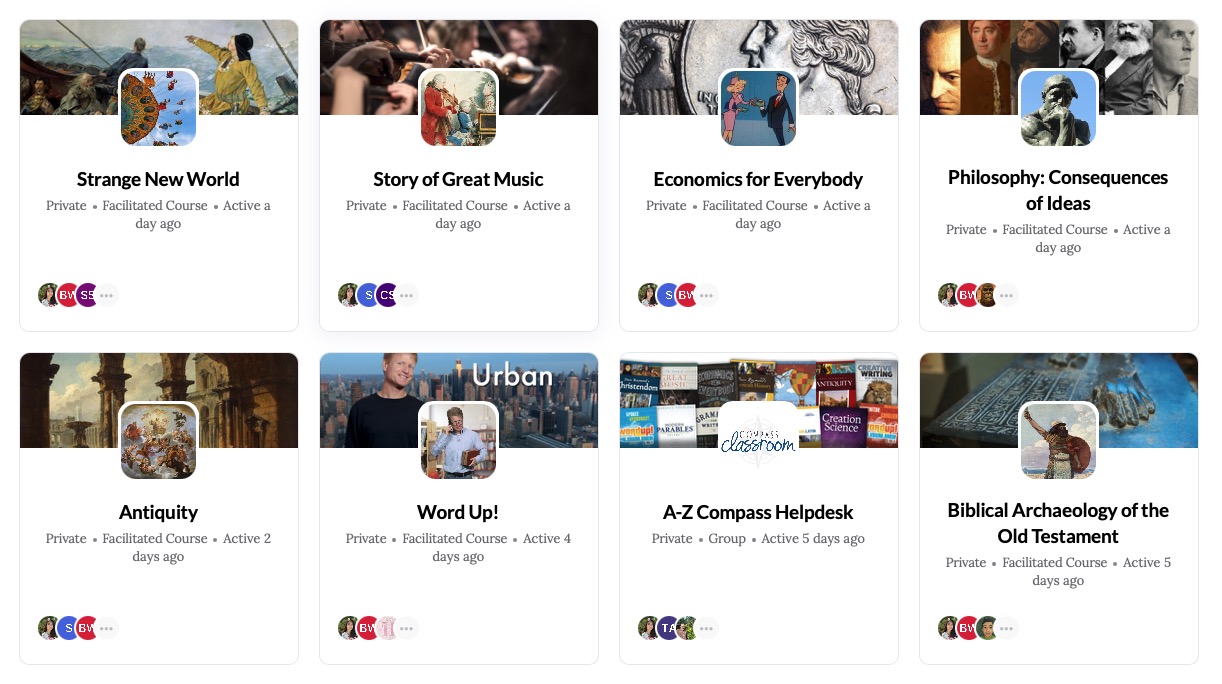
Share this post with another homeschool mom!

Lessons In Leadership
In 1898, Theodore Roosevelt was rather bored by the red tape of political life. Roosevelt was a natural leader and, feeling there was nothing more he could do from Washington, he gathered around himself a hurley-burley mix of cowboys and ivy-league dandies and formed the 1st Volunteer Cavalry (who later went on to become known as the “Rough Riders”).
After only a month and a half of training, his men were as orderly, prepared, and well disciplined as any other branch of the service. When the call came to head to Cuba, Roosevelt and his Rough Riders were ready.
While Roosevelt’s gallant charge has made its mark on history, consider the ways his leadership still teaches us today.
Leaders Must Be Prepared
It is not often that a man can make opportunities for himself. But he can put himself in such shape that when or if the opportunities come he is ready.
The more prepared you are, the more resources you have to draw from when your time of need comes. Theodore Roosevelt had never been in battle before, but that’s not to say he came in unprepared. His years out West in the rugged Badlands gave him the physical stamina leadership in war requires. His research and experimentation during the writing of his monumental work The Naval War of 1812 gave him insights into battle strategies and tactics. What could not be found in books, he sought out experienced souls to teach him. He did not simply sit on his haunches and wait for circumstances to come to him. No, he prepared his mind, his heart, and his body to the best of his ability.
Leaders Must Encourage
No one cares how much you know, until they know how much you care.
Teddy Roosevelt surrounded himself with good men who knew what they were doing and who could be relied on under fire. His leadership did not involve meddling, it involved encouragement. On the morning of the San Juan Hill battle, Roosevelt walked among his men giving them a good hearty pat on the back and stirring their spirits. He brought strength and unity, calling each man by name and instilling courage through words and poise.
Leaders Must Lead By Example
The only way to get them to do it in the way it had to be done was to lead them myself.
Roosevelt did not simply encourage through words, his actions were an encouragement to his men as well. Indeed, his actions may have very well spoken louder than words on the morning of July 1, 1898 as he mustered what scattered troops he could find and lead the charge up San Juan Hill. It was that kind of courageous, exemplary leadership that ushered Roosevelt on to the national stage and ultimately to the presidency.
Lessons in Leadership from Teddy Roosevelt
If you would like to reenact the battle with your students or children, Junior General is a fun site with a complete array of paper soldiers from the Spanish-American War!
Biography Page Resource
Learn more about Teddy Roosevelt and document important information by printing a Biography Page! You can easily use this Biography Page for any history lesson, famous person research, history fair, or history project.
American History
Veteran history teacher Dave Raymond gives a comprehensive history of the United States by applying a Christian worldview to the characters, events, theology, literature, art, and religious beliefs of the nation.

American History Video Curriculum
Year 1 in Dave Raymond’s History Series
Master storyteller Dave Raymond delivers a dynamic history of the United States in this popular introduction to his four-year history series. He applies a Christian worldview to the characters, events, theology, literature, art, and religious beliefs of the nation.
Share this post with another homeschool mom!










